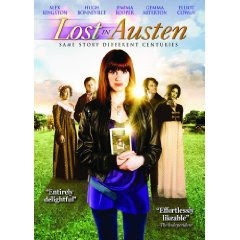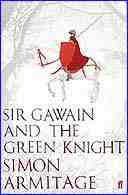The first essay identifies common features in poetry taken from a wide range of cultures. Principally, the view is that poetry is structured around repetition and variation, whether this be of sounds (rhymes) or rhythm (metre). He takes a long time to say this, and I can't honestly that the argument is developed. Rather, it is re-inforced by a succession of evidence. The range of evidence is impressive but this man was a linguist ...
The second essay covers the two options of metonymy and metaphor. Apparently, aphasic people fall into two groups: those who misspeak by way of metonymy (contiguity), and those who misspeak by way of metaphor (similarity). Someone in the first group might mistake his wife for a hat; in the second group, he might inappropriately use the word 'bride'. OK, that's what it's about. The point is that different writers, and different schools of writing, tend towards one or the other. So, in art, the cubists used metonymy, while the surrealists tended to metaphor.
Both essays, I suppose, contribute to a framework for understanding how literature achieves its effects. But they are exercises in linguistics. Indeed Jakobson explicitly claims that the study of poetics is part of linguistics. He wants a scientific approach:
Unfortunately the terminological confusion of 'literary studies' with 'criticism' tempts the student of literature to replace the description of the intrinsic values of a literary work by a subjective, censorious verdict.(p142)Obvious problems there, above all the view that a work has 'intrinsic values', and the rest of the essays suggest that the linguistic analysis of the work will reveal them. Of course analysis of language has be to linguistic; in some sense it can't be anything else. But it really feels like something is missing here. Another book I've been reading quotes Stephen Sondheim's lines:
What's the muddleand says there's nothing in Jakobson to explain why that's rubbish. Exactly. I suspect it's the lack of connection to real and important subject matter, which suggests that literary analysis can't ignore the world outside the text.
in the middle?
That's the puddle where the poodle
did the piddle.
(Reference is to Hans Bertens, Literary Theory: the basics p39).







